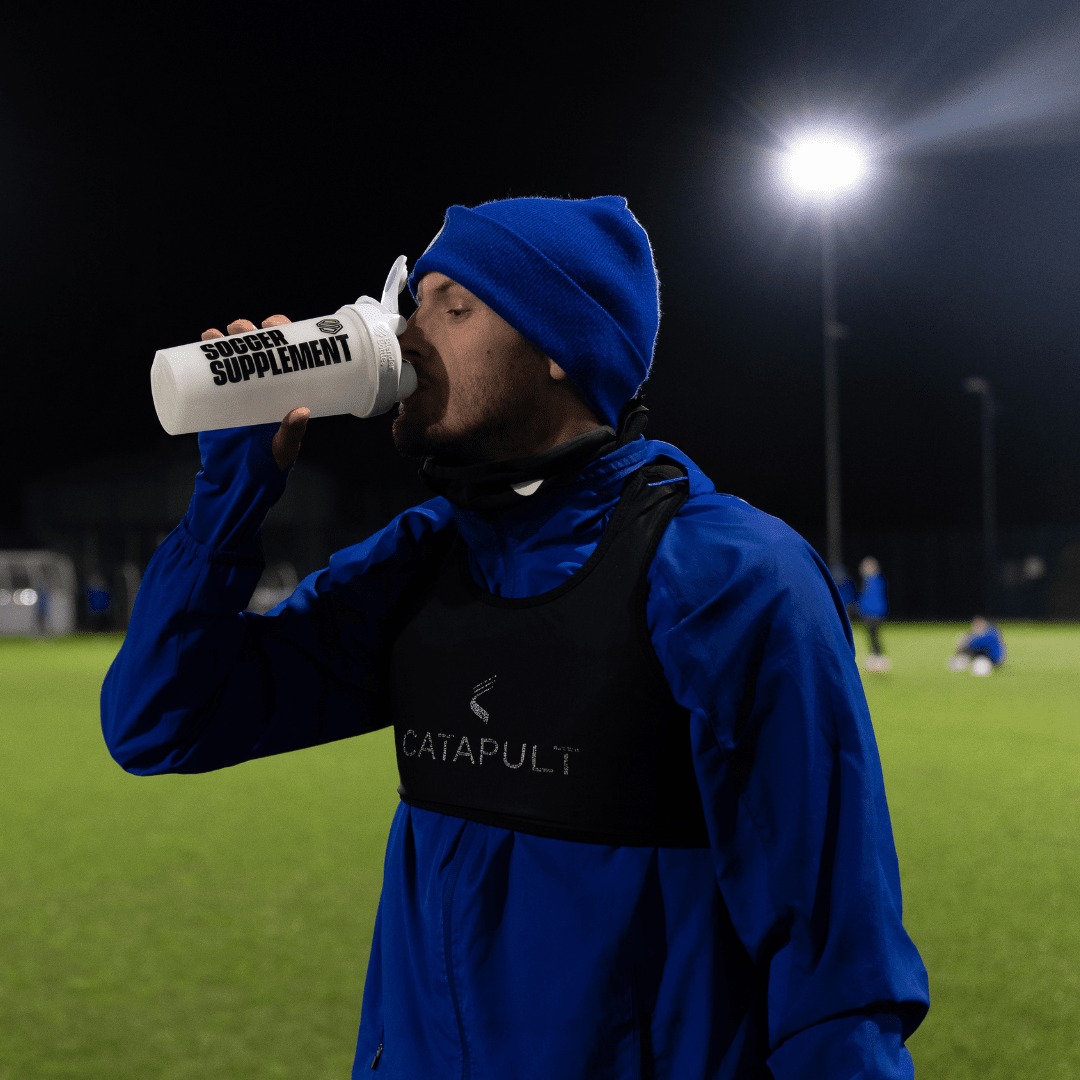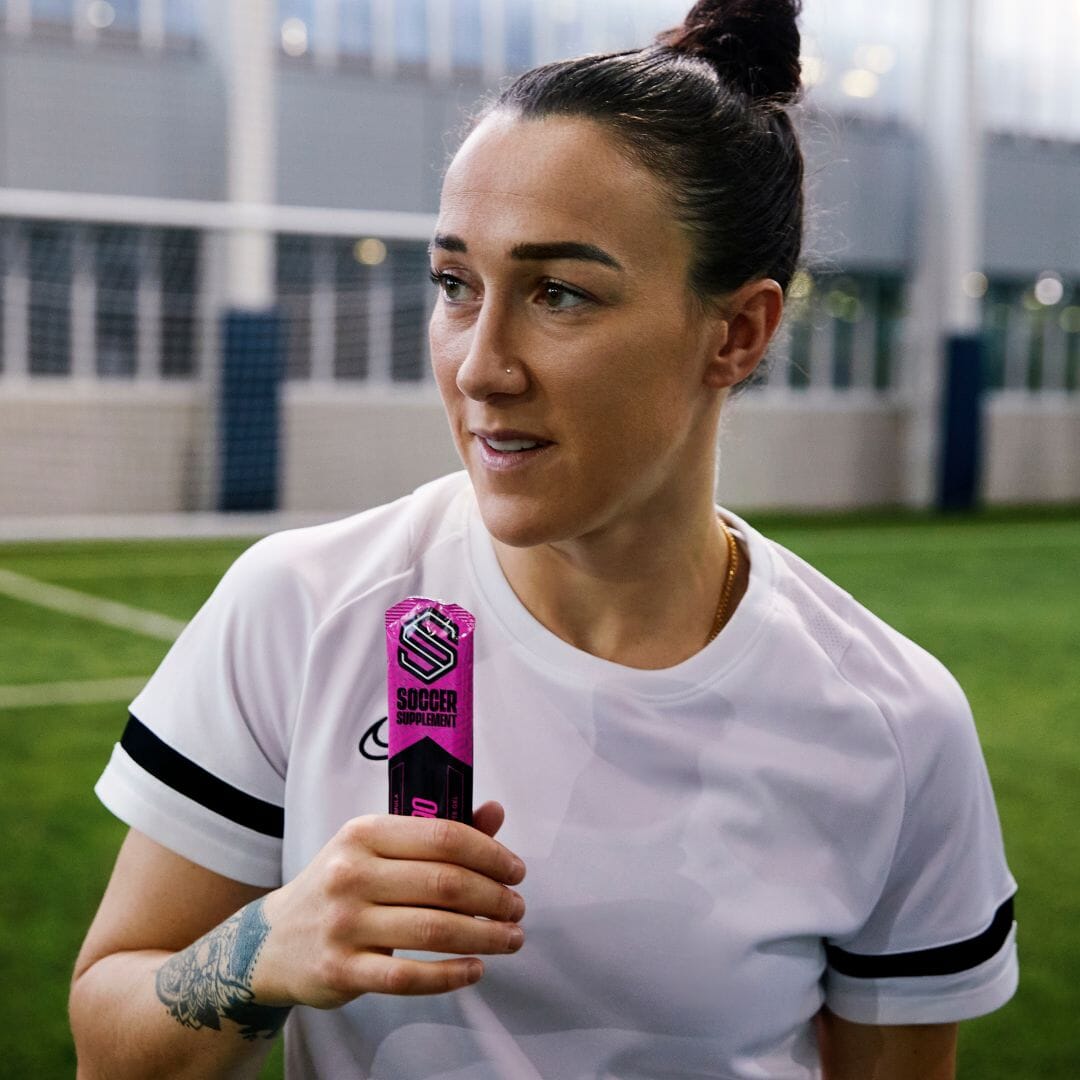The Importance of Carbs for Footballers
Like the fat-free boom in years gone by, carbohydrates seem to have developed a bad reputation. Sure, some people can overindulge in carbohydrate-heavy meals, which is only a problem if their weekly activity peaks with their trip to the supermarket.
However, carbohydrates are essential for footballers looking for optimum fuelling and recovery around training and matches. Go on, try telling Cristiano Ronaldo – an avid high-carb eater – that he should cut back on his potato-loaded Bacalhau a Bras…
No, for footballers, it is time to embrace carbs.
In this article, we explore why we need carbohydrates, how best to get them, and when best to use them to ensure top performance on and off the pitch.
What Are Carbohydrates
Let’s start by looking at exactly what carbohydrates are. Without diving too deep into their chemical structure, carbohydrates are a macronutrient group that include sugars, starches and fibres.
The main role of carbohydrates in the body are to fuel the muscles and the central nervous system, while fibre is required for healthy digestion.
Carbohydrates can be simple sugars – such as glucose and fructose – which are easily absorbed by the body and provide an instant energy source. These are commonly found in many fruits, sweets and energy drinks. Equally, carbohydrates can be complex starches, which provide more sustained energy. These complex carbs are found in foods like beans, grains, oats, cereals and starchy vegetables such as potatoes.
While the human body can use fat and protein for energy, it prefers to use carbohydrates broken down into glucose as its prime fuel source. Glucose is stored in the liver and muscles as glycogen until it is required, when it is quickly converted back to glucose.
We don’t need to spend too long in the science books to know that carbohydrates are essential to footballers wanting to perform at their best for 90 minutes and beyond.
Now we know what they are, let’s look at how we should use them. Because – as magical as it may sound – stuffing down a bowl of chips ten minutes before a match isn’t the carbing up you should be doing…
Slow and Steady
Keen footballers need energy as much as they need a break from that flag-happy linesman. The best way to get this energy is through carbohydrate-rich wholefoods, eaten far enough in advance that they are well digested and ready for your body to use as a steady fuel source during training sessions and matches.
This is why planning your pre-match nutrition is wise.
Ahead of a match or session where you will need sustained energy, it is sensible to increase your carbohydrate intake – anywhere between 36 and 48 hours before kick-off. This means you can up your carb intake on Friday night ahead of a Sunday afternoon match.
One way of doing this is to add more than one carbohydrate source to your meals. Perhaps a dish with brown rice and potatoes the night before the match.
Of course, while it is important to focus on carbs in the days leading up to a game, don’t neglect protein and fat – your body still needs these macronutrients to function properly.
But by ‘carb-loading’ well in advance, it gives you some flexibility on your eating just before the match. This means you can focus on smaller meals and snacks closer to kick-off, without worrying about running out of energy.
Your final meal before a match should be heavily focused on carbohydrates, with porridge, pasta, bread and cereal all good choices. You will want to consume this meal at least 2-3 hours before kick-off to ensure it is digested properly.
Faster Fuel
As you have read, eating slow-release carbs before a match is important. This will give you a full tank of fuel ready to steadily power you through 90 minutes.
However, playing at a high intensity usually requires an extra boost of fast-release carbs – those simple sugars we mentioned earlier.
This is where energy gels such as our Focus90® and Fuel90® come into play. These supplements offer an instant source of easy energy – ideal for use just before kick-off, and at half-time when your resources have been tapped into.
Used by top-tier professional teams around the world, Fuel90® is an energy gel designed specifically for footballers, containing 30 grams of carbohydrates per serving, with 380mg of electrolytes to support effective hydration. This special gel has been developed with a fast-absorbing dual-carbohydrate formula, containing both dextrose and fructose – giving you a burst of instant energy that will see you through until the final whistle.
Post Match Carbohydrates
After the match, attention should rightly turn towards protein for effective recovery, but carbs still have their part to play. Recover90® is our all-in-one recovery shake containing protein, carbohydrate and electrolytes.
By the end of the match, even with the help of energy gels, your levels of glycogen will be running low. Consuming carbs can help replenish the fuel in your muscles and help restore immune function, leaving you ready to do it all over again the following weekend!
In theory, you should aim for around 1 gram of carbohydrate for every kilogram of bodyweight in your recovery meal (eaten as soon as possible after the match – ideally within 45 minutes). So, a 75kg player will need around 75 grams of carbohydrates. Note that this is a good time to switch back to complex carbohydrates.
As you can see, when used at the right time and in the right way, carbohydrates are a powerful tool that will leave the other team ready to ditch the keto diet and join you in that pre-match carb fuelling.
Click Here to shop our range of Energy Gels.









